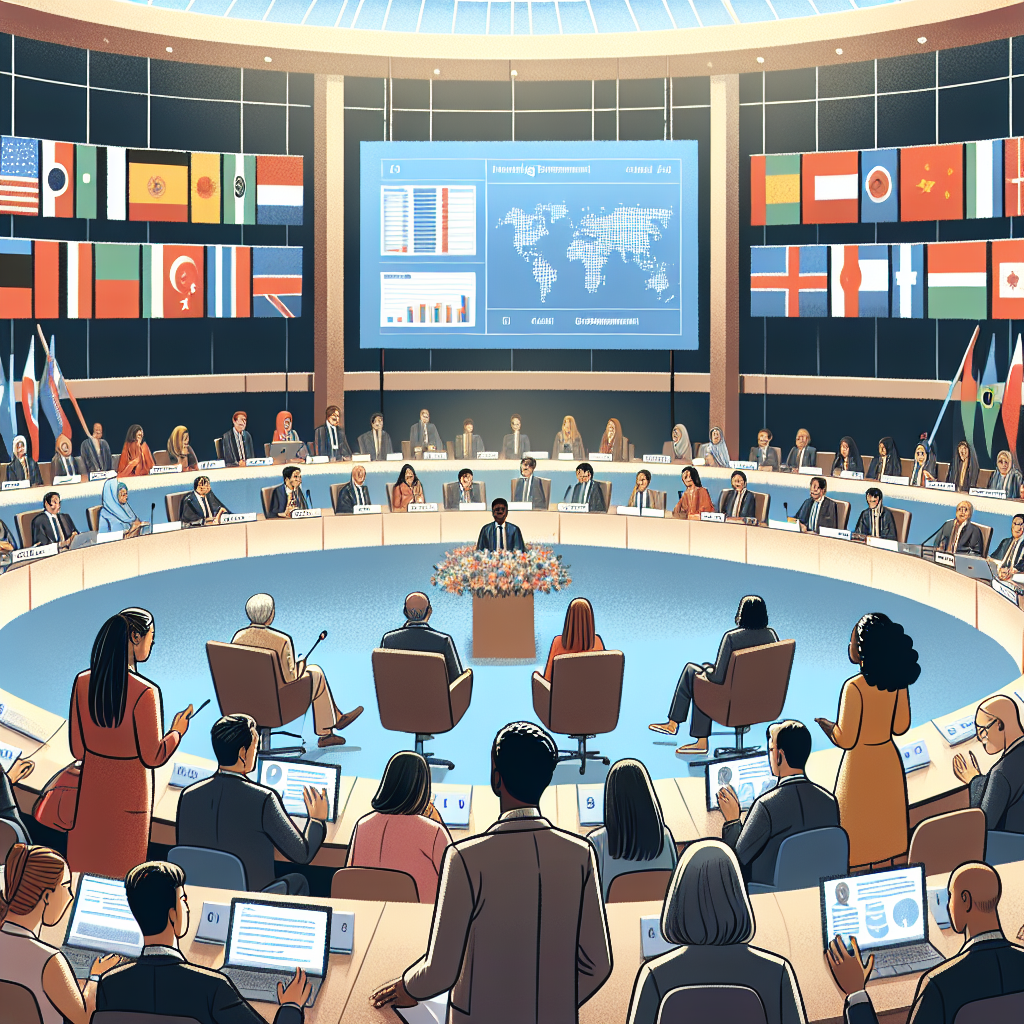The Clouds of Conflict: Rising Tensions and Regional Warfare
The recent 'four-day war' between India and Pakistan has highlighted the growing normalization of conflict between major nations. As global tensions rise, military engagements involving drones and missiles have become more frequent and escalatory. The U.S. plays a key role in mediating conflicts, but faces challenges with China and Iran.

Amid escalating tensions, India's defense chief attended a security conference in Singapore following a 'four-day war' with Pakistan. This conflict, primarily involving missiles and drones, marked one of the most serious military exchanges between nuclear-armed countries in history.
The altercation required intervention from U.S. Secretary of State Marco Rubio to prevent further escalation. Despite the seriousness of the conflict, Indian Chief of Defense Staff General Anil Chauhan refuted any approach towards the 'nuclear threshold.'
With numerous global conflicts unfolding, including the U.S. and China's strained relations over Taiwan, the normalization of military conflicts continues. As military operations evolve, questions arise about potential future escalations and strategic recalibrations among nations.
(With inputs from agencies.)
ALSO READ
Trump-Kim Correspondence: Renewed Diplomatic Equation Amid Nuclear Tensions
Tense Diplomacy: U.S. and Iran's Nuclear Deal Showdown
Iran's Nuclear Tensions Amid Regional Alerts and Diplomatic Talks
Countdown to Tension: Unearthing Iran's Nuclear Developments
The UN nuclear watchdog's board of governors finds that Iran isn't complying with its nuclear obligations, diplomats say, reports AP.










